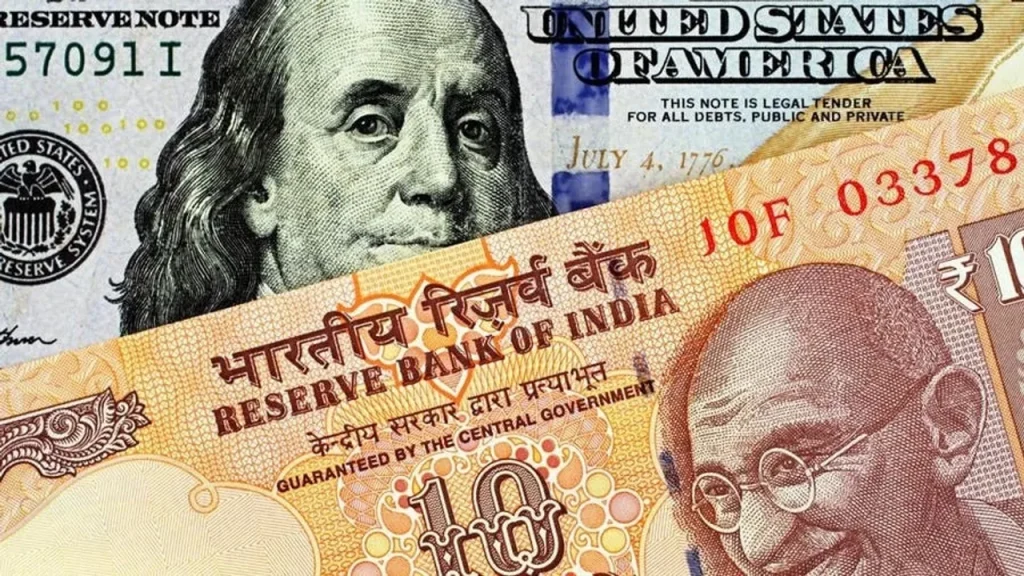Nigeria’s Public Debt Surges to N97.34trn in Q4 2023, Reveals NBS Report

Nigeria’s financial landscape witnessed a significant shift as the National Bureau of Statistics (NBS) released its Nigerian Domestic and Foreign Debt Report for Q4 2023 on March 27, 2024. Documenting a sharp rise in the country’s public debt stock from N87.91 trillion in the third quarter to N97.34 trillion in the fourth quarter of 2023, the report highlights a 10.73 percent increase on a quarter-on-quarter basis. This escalation in debt encompasses both external and domestic obligations, setting a new precedent for economic discussions within the nation.
Analysis of Debt Composition
Delving deeper into the composition of Nigeria’s public debt, the NBS report specifies that external debt constituted N38.22 trillion (42.50 billion dollars), while domestic debt accounted for N59.12 trillion (65.73 billion dollars) by the end of Q4 2023. The external debt’s share of the total public debt stood at 39.26 percent, juxtaposed with a 60.74 percent share for domestic debt. This distribution underscores the significant reliance on internal borrowing mechanisms to finance the nation’s expenditure.
State-wise Debt Distribution
The NBS report also provided a detailed breakdown of domestic and external debt figures by state. Lagos State emerged with the highest domestic debt at N1.05 trillion in Q4 2023, reflecting its economic size and investment needs. Delta and Kaduna followed, indicating diverse economic pressures across the federation. On the external debt front, Lagos State again led with 1.24 billion dollars, with Kaduna State trailing. Interestingly, Borno and Yobe states recorded the lowest external debts, highlighting varying degrees of external financing across states.
Implications for the Nigerian Economy
This surge in Nigeria’s public debt stock raises critical questions about the sustainability of its debt levels and the potential impacts on future economic policies. The increase is reflective of the government’s efforts to finance its budget deficit and stimulate economic growth amidst challenging global economic conditions. However, it also necessitates a careful evaluation of debt management strategies to ensure fiscal sustainability and economic stability in the long term. As the country navigates these financial waters, the balance between leveraging debt for development and maintaining healthy fiscal discipline remains paramount.
As Nigeria grapples with this burgeoning debt portfolio, stakeholders and policymakers must deliberate on effective measures to manage and utilize these debts productively. The implications of these debt levels on the country’s financial health and development trajectory are profound, urging a nuanced approach to economic governance and fiscal responsibility. The NBS report, thus, not only illuminates the present state of Nigeria’s public debt but also sets the stage for critical discussions on the nation’s economic future.
Source: BNN